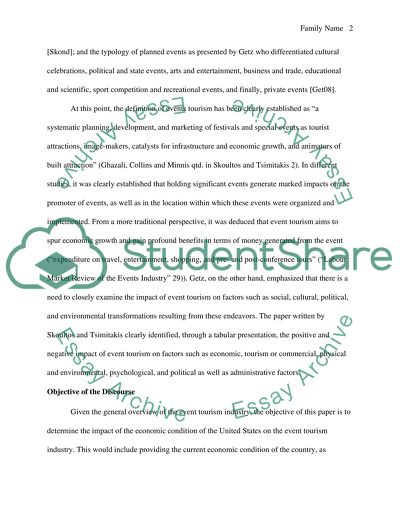Cite this document
(“The Impact of the US Economy on the Events Industry Research Paper - 1”, n.d.)
Retrieved from https://studentshare.org/tourism/1604118-the-impact-of-the-us-economy-on-the-events-industry
Retrieved from https://studentshare.org/tourism/1604118-the-impact-of-the-us-economy-on-the-events-industry
(The Impact of the US Economy on the Events Industry Research Paper - 1)
https://studentshare.org/tourism/1604118-the-impact-of-the-us-economy-on-the-events-industry.
https://studentshare.org/tourism/1604118-the-impact-of-the-us-economy-on-the-events-industry.
“The Impact of the US Economy on the Events Industry Research Paper - 1”, n.d. https://studentshare.org/tourism/1604118-the-impact-of-the-us-economy-on-the-events-industry.


